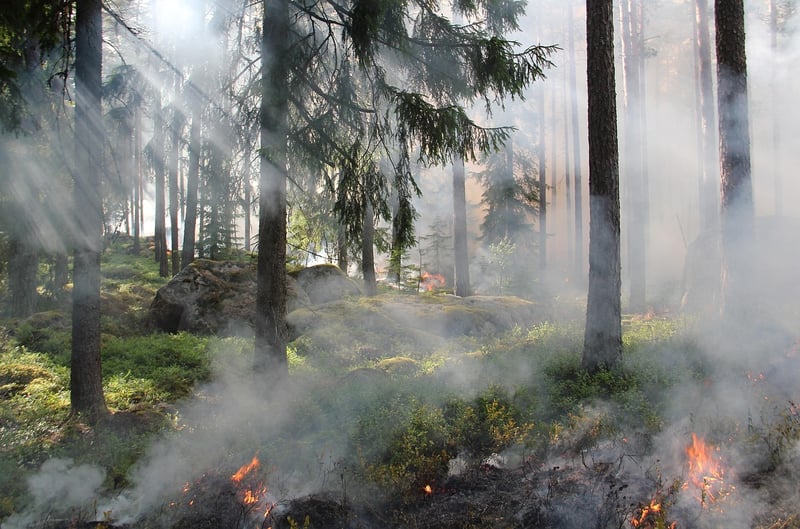Water Conservation
Environmentally Conscious Gardening and Water Conservation
Creating a beautiful garden while being mindful of the environment and conserving water is not only beneficial for the planet but also for your wallet. By incorporating environmentally conscious practices into your gardening routine, you can reduce water waste, support local wildlife, and promote a healthier ecosystem.
1. Choose Native Plants
Opt for native plants in your garden as they are well-adapted to the local climate and require less water compared to exotic species. Native plants also attract local wildlife such as birds, bees, and butterflies, promoting biodiversity in your garden.
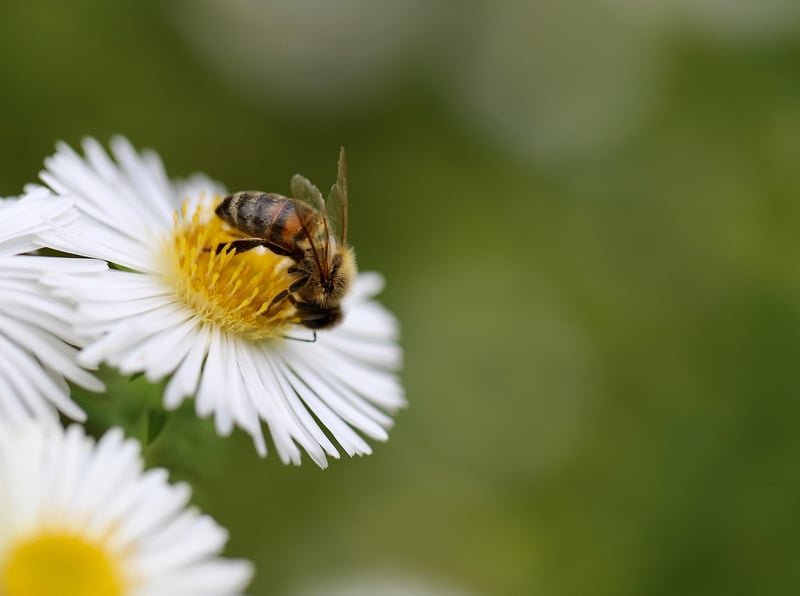
2. Mulch and Compost
Use mulch to retain moisture in the soil and reduce evaporation. Organic mulches like bark, wood chips, or compost also improve soil quality and reduce the need for frequent watering. Composting kitchen scraps and garden waste can enrich the soil, minimizing the need for chemical fertilizers.
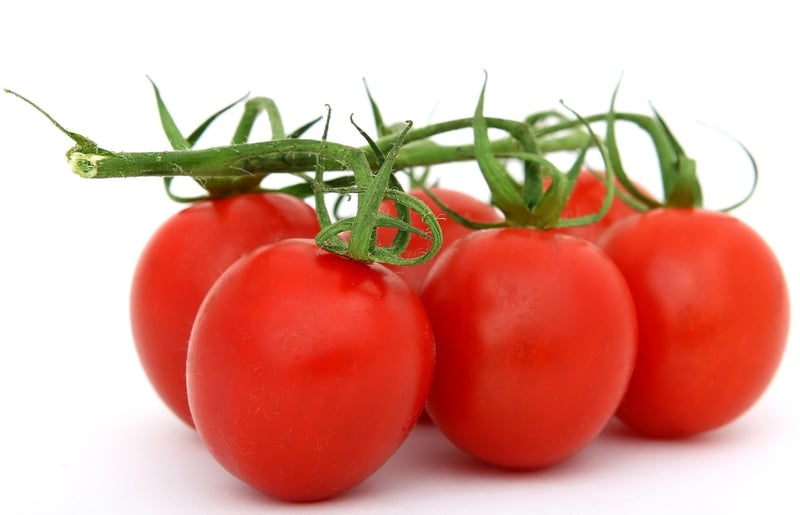
3. Water Wisely
Water your garden in the early morning or late evening to minimize evaporation. Use a soaker hose or drip irrigation system to deliver water directly to the roots where it's needed most. Collect rainwater in a barrel and use it for watering your plants, reducing reliance on treated tap water.

4. Avoid Chemicals
Avoid using chemical pesticides and herbicides in your garden as they can harm beneficial insects, pollinators, and contaminate water sources. Opt for natural pest control methods like companion planting, attracting beneficial insects, and handpicking pests.
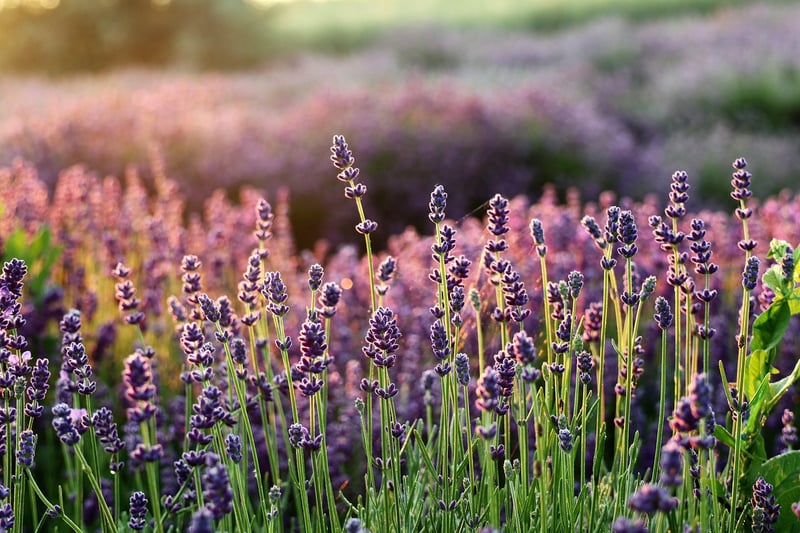
5. Create Wildlife Habitats
Include bird feeders, bee hotels, and butterfly-friendly plants in your garden to create habitats for local wildlife. By supporting pollinators and beneficial insects, you can maintain a healthy ecosystem and reduce the need for chemical interventions.
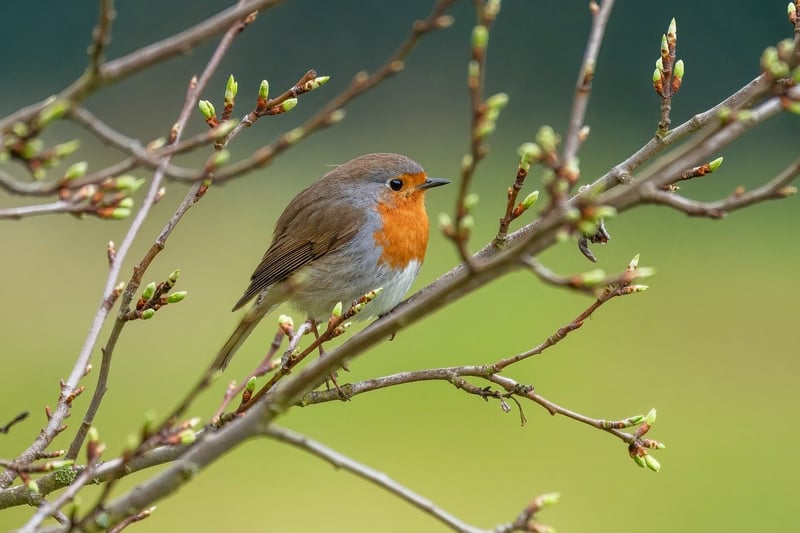
By adopting environmentally conscious gardening practices and water conservation techniques, you can enjoy a vibrant and sustainable garden that benefits both the environment and your local ecosystem.
